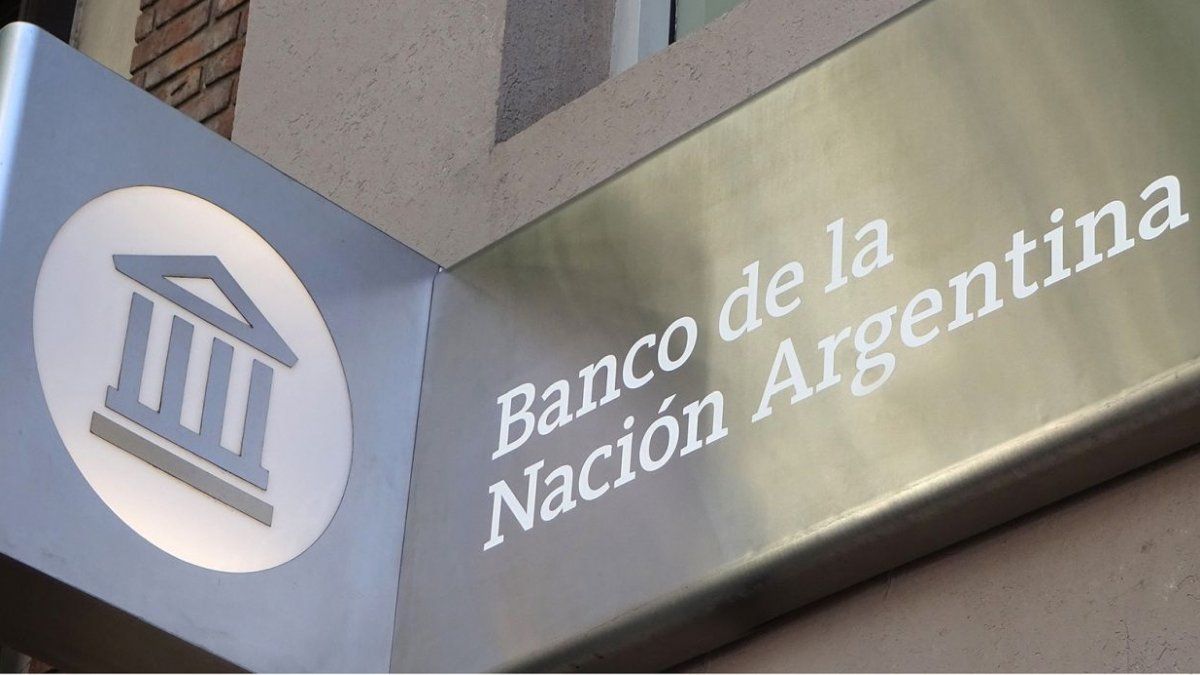- February 14: in the Laguna de los Pozuelos, Jujuy -wild birds.
- February 17: in the Laguna de las Mojarras, Córdoba -wild birds.
- February 18: in Alejo Ledesma -backyard birds-, Córdoba and in Cerrillos, -backyard birds-, Salta.
- February 19 in Villa Cañas -backyard birds-, Santa Fe.
While in the region cases have been detected in the commercial circuits of Bolivia and Peru; in wild or backyard birds in Uruguay and Chile; and suspected cases, without confirming positive, in Paraguay and Brazil.
“Given the importance of preserving the sanitary status of Argentina, which depends on avian influenza not entering the commercial circuit, the national government is analyzing the implementation of new measures that reinforce the preventive scheme,” said the Ministry of Agriculture, Livestock and Fishing.
According to Senasa, the five species of birds that have been identified to date with avian influenza in the country are the Andean goose, the wild duck, chickens, turkeys, and domestic or backyard ducks. In other words, for the moment, the impact is on family farms and does not reach the large-scale commercial production circuit.
Almost a hundred cases were reported by Senasa
In a statement, the phytozoosanitary agency detailed that “surveillance and control actions continue with the aim of preventing the spread of the disease and protecting the animal health status of Argentina and avoiding damage to productive activity.”
Senasa indicated that “98 notifications of suspicions in wild and backyard birds dead or with symptoms were received, among which 5 positive cases were detected in Jujuy, Salta, Córdoba and Santa Fe.”
Senasa reiterated to the population to notify them if they observe dead birds or with symptoms compatible with avian influenza, attending any of its offices; through the App “Senasa Notifications”, by sending an email to [email protected]; entering the “Notify Senasa” section of the organization’s website or by sending a WhatsApp to 11-5700-5704.
What is bird flu
Highly pathogenic avian influenza (HPAI) affects both poultry and wild birds. Waterfowl and shorebirds are considered the natural reservoirs of these viruses and do not usually get sick, although this seems to be changing since mortality in these species has been detected related to the presence of the H5N1 virus, which is the highly pathogenic variant of the H5N1 virus. avian influenza.
It is a disease that has never been present in ArgentinaTherefore, it is considered exotic and any suspicion is mandatory to notify Senasa, highlights the Revista Chacra site.
From the Ministry of Health of the Nation they clarified that “the disease is not transmitted to people through the consumption of poultry meat and its by-products. Therefore, there is no danger in the intake of these foods.
In addition, “people can acquire avian influenza mainly through direct contact with infected animals (live or dead) or their contaminated environments.”
Source: Ambito




